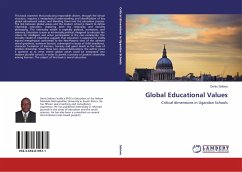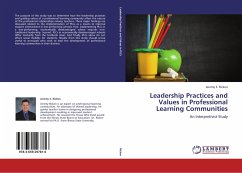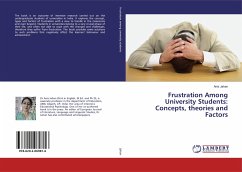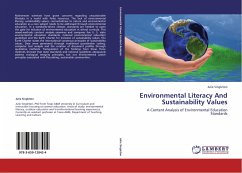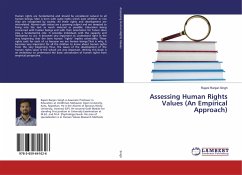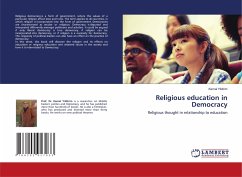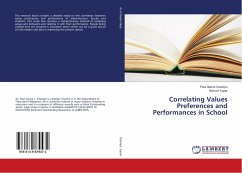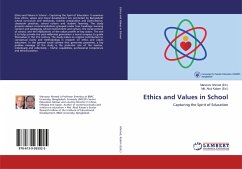This book examines that producing responsible citizens, through the school structure, requires a metaphysical understanding and identification of key global educational values, and blending them into the education process. The link between global values and the modern school is meant to define citizenship education, imploring both the rationality and morality philosophy. The rationality model is explicitly political, normative, and visionary. Education is seen as intrinsically political; designed to educate the citizen for intelligent and active participation in the civic community. The morality model of citizenship suggests that education is supposed to vividly express metaphysical conformity to the Neo-Platonic view of the ultimate moral goodness, summum bonum, submerged in issues of child obedience, character formation of learners, honesty and good deeds as the basis of positive citizenship. Given these two classical delineations, the author poses a question as to what extent global values could be integrated into modern-pluralist schools in order to permit a process of positive citizenship among learners. The subject of this book is moral education.
Bitte wählen Sie Ihr Anliegen aus.
Rechnungen
Retourenschein anfordern
Bestellstatus
Storno

